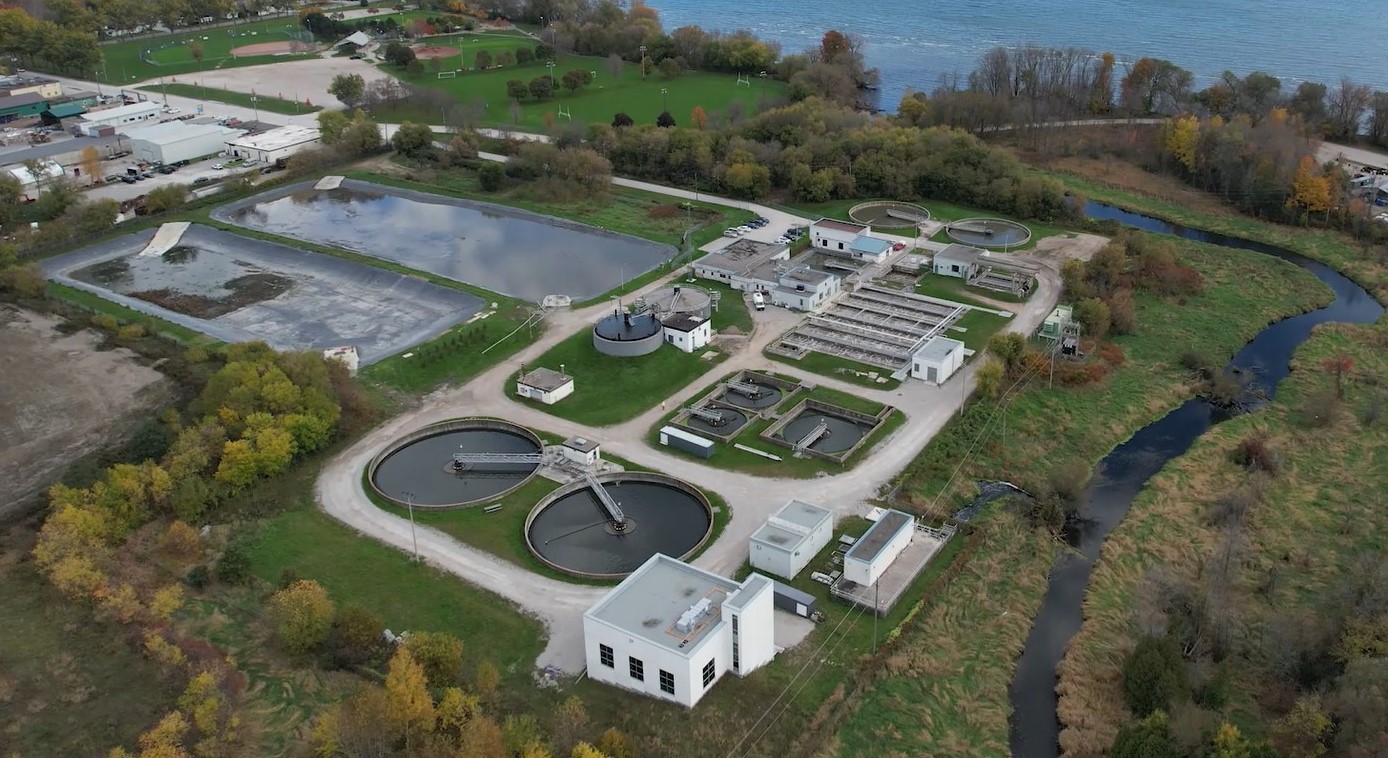Uses Microbes the heart of the desert, Saudi Arabia is facing a major challenge: how to save and reuse water in one of the driest places on Earth. Now, a team of Saudi scientists has found a powerful ally in an unlikely place—tiny living things called microbes.
These microscopic organisms, too small to see with the naked eye, are proving to be a game-changer in wastewater treatment. With help from science and technology, experts are using microbes to clean dirty water, making it safe for reuse in agriculture, industry, and even cities.
This breakthrough could help solve the water crisis not only in Saudi Arabia but across the world.
Why Wastewater Is a Big Deal
Water is a precious resource in Saudi Arabia. The country receives very little rainfall each year and has few natural freshwater sources. Most of its water comes from desalination plants, which remove salt from seawater. But desalination is expensive and uses a lot of energy.

That’s why treating and reusing wastewater is becoming more important than ever. Instead of throwing away used water from homes, factories, and farms, scientists are now finding ways to clean it and use it again. This saves money, energy, and the environment.
Meet the Microbes: Nature’s Cleaning Crew
Microbes are tiny living organisms found everywhere—in soil, water, air, and even inside our bodies. Some microbes are harmful, but many are very helpful. When it comes to cleaning wastewater, the right microbes can break down harmful substances and turn them into harmless or even useful materials.
At the King Abdullah University of Science and Technology (KAUST), researchers are working with these microbes to treat wastewater more effectively. They are creating special conditions in treatment plants where the microbes can thrive and do their job.
For example, when wastewater is pumped into tanks, microbes feed on the organic waste, breaking it down into clean water, carbon dioxide, and other byproducts. This process mimics what happens in nature, but it happens faster and in a controlled environment.
Small Systems, Big Impact
One of the most exciting inventions by the KAUST team is a small and mobile wastewater treatment unit. This system uses a method called the “aerobic granular sludge gravity-driven membrane,” which sounds complex, but it’s actually a simple and energy-saving solution.
This unit doesn’t need heavy machinery, pumps, or even much electricity. It works using gravity and the natural actions of microbes. Because of its size and efficiency, it can be used in remote areas, small communities, or places without easy access to power. This is a big step forward for rural water management.
Creating Energy from Wastewater
The innovation doesn’t stop at just cleaning water. The Saudi scientists are also turning wastewater into energy. Using a method called bioelectrochemical treatment, they are capturing electricity from the microbial activity itself. When certain microbes eat organic matter, they release electrons. By collecting those electrons, the system can generate a small amount of electricity.
In some cases, these systems can even produce hydrogen gas, which is a clean fuel. This means wastewater treatment plants could one day power themselves or even help supply clean energy.
Moving Toward a Circular Economy
Another major benefit of this microbial technology is how it fits into the idea of a “circular economy.” Instead of wasting resources, the circular economy focuses on reusing and recycling everything we can. In this model, wastewater is not seen as waste—but as a valuable resource full of nutrients, energy, and clean water.
Saudi scientists are working on ways to recover important materials from wastewater. For example, they are developing systems to remove ammonium from water, which is a key ingredient in fertilizer. They are also recovering phosphorus and other minerals that can be reused in agriculture.
This not only helps farmers but also reduces the country’s dependence on chemical fertilizers, which are expensive to produce and often harmful to the environment.
A Model for the World
What Saudi Arabia is doing with microbes is attracting global attention. Countries around the world, especially those with water shortages, are watching closely. Many scientists believe that this approach could become a global standard in the coming years.
By investing in microbial wastewater treatment now, Saudi Arabia is preparing for a future where clean water is even harder to come by. This technology could help the country meet its sustainability goals, reduce its carbon footprint, and protect the environment for future generations.
The Road Ahead
While the science is promising, there are still challenges ahead. Microbial systems must be carefully managed to keep the right balance of microbes. Temperature, chemical levels, and other factors can affect how well they work. But with continued research and funding, experts believe these challenges can be overcome.
There’s also the task of educating people and industries about the benefits of treated wastewater. Many still see wastewater as dirty or unsafe. In reality, when it’s treated properly using microbial methods, it can be just as clean and useful as fresh water.
Conclusion
Saudi Arabia is leading a quiet but powerful revolution in how we treat and reuse water. By turning to nature—and the incredible power of microbes—the country is finding smart, sustainable, and cost-effective ways to deal with one of its biggest problems.
As more nations face water shortages and environmental challenges, Saudi Arabia’s model may become a global inspiration. What was once considered waste is now being seen as a solution. And all of it begins with the tiniest heroes of science—microbes.
Saudi Arabia to Accommodate 10,000 More Indian Pilgrims Amid Private Quota Concerns



